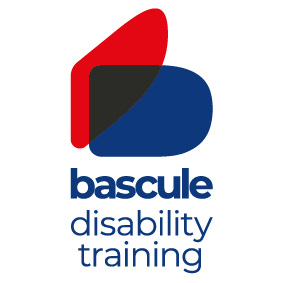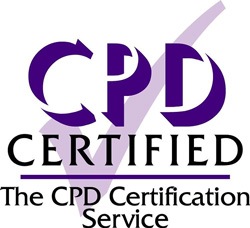The difficult journey through mainstream education as a disabled student

Imogen Steele recently joined the Bascule team as a Marketing and Media Assistant. Here she provides a blog that describes her experiences and the barriers she endured throughout primary education and how a lack of understanding of disability is causing the system to fail children with disabilities...
Born in the middle of August 1995, I was diagnosed with cerebral palsy when I was sixteen months old. I started school in 2000 with a statement of educational needs. As a disabled child educated in a mainstream school, my parents and I had to constantly fight to ensure that I received equal opportunities to excel in education. In my primary education it proved crucial to struggle against what seemed to be the prevailing assumption that physical disabilities were symbiotic with learning difficulties.
This false idea of disability was reinforced by specialist teacher advisers who were keen to place limits upon my educational potential in meetings with my teachers, proclaiming that I would never grasp the concepts of maths, reading and spelling. Such pessimistic statements hardly encouraged teachers to try to help me learn, as my intellectual capability was mistakenly presented as predetermined by my disability. Indeed, the fact that I was slow to read, write and spell, due to weak eye muscles and perceptual difficulties convinced the school that I belonged in the lower sets. They failed to recognise that my difficulty in reading derived from my disability rather than a lack of comprehension.
When I was in year three, I asked my mum “why am I in the dumb class?” prefacing this blunt question with the phrase “I mean no disrespect”. After this my parents arranged for me to be assessed by an Educational Psychologist. The results that followed showed that I was in the top two percent for verbal reasoning among children my age. The school were then forced to place me in the higher sets. As well as a reluctance to go beyond traditional educational methods to make education accessible to those with additional needs, my mainstream school also demonstrated a keenness to use the support allocated to meet my personal needs to support others who were struggling or misbehaving, depriving me of the provision I required.
Before the start of every academic year my parents would arrange to meet with my new teacher, bringing with them a dossier of information about cerebral palsy. Whilst some teachers were very receptive to this, others showed an outstanding lack of understanding of my disability throughout the year in which they were my teacher. For example, one of my teachers instructed another student to give me colouring in lessons, a pointless exercise for a child who struggled to hold a pencil because of muscle spasms. On the other hand, Mr Nelson cemented his place as my favourite primary school teacher when he threw my artwork in the bin, remarking that I could do better. He was the only teacher who ever expected more from me. He did not give me any special treatment but taught me as if I was just another student.
Moreover, my primary school displayed a discriminatory attitude towards me. I was only permitted to go on school trips with the rest of my class if I was accompanied by one of my parents to support me. Most appallingly, when I underwent multilevel surgery aged 10, the headmistress said I would not be able to come back to school with my leg in a cast as it would not be safe for me to use the toilet. When my mum asked, ‘why then are children who have broken their leg able to attend school in a cast?’ the headmistress replied, ‘Well, they at least have one good leg’.
Having started my primary school as a confident little girl who was not afraid to stand up in front of the whole school and recite a poem on her first day, I left year six with extremely low self-esteem which no doubt derived from my experience of the mainstream school system wherein I was singled out, placed in the wrong classes and abandoned as a lost cause as well as bullied by my peers for being different.
Following the end of my primary education and after a huge struggle on the part of my parents, wherein they were close to taking the council to tribunal, I was given a place at Kings School’s special physical department in Winchester. The physical department took six students each year and had a dedicated team of support staff. King’s constituted my educational salvation. They understood that just because you learn in a different way doesn’t mean that you have a low intellect. I was placed in all top sets and excelled academically, leaving the school with nine GCSE’s; five A*’s and four A’s. I was also supported on many different trips by support staff, including a three-day trip to Poland.
However, my parents and I still had to fight for some support provisions during my secondary education. The special department at Kings were particularly hesitant to allow me to start using voice-activated software until year ten. Yet after consulting the manufacturers of the software we were able to convince the school that using it from year 8 would be of great benefit to me and indeed it was. It is a software that I still use to this day.
I was very fortunate that I had proactive and determined parents who knew my rights. Without my parent’s intervention I would have been deprived of the opportunity to reach my intellectual potential, an opportunity that I believe is denied to countless children with additional needs who do not conform to the expected educational pathway. It is clear to me that many of the barriers I confronted during my primary education arose from an outrageous lack of understanding of disability.
By Imogen Steele- Marketing and Media Assistant at Bascule- Click here to learn more about Imogen.
no images were found



